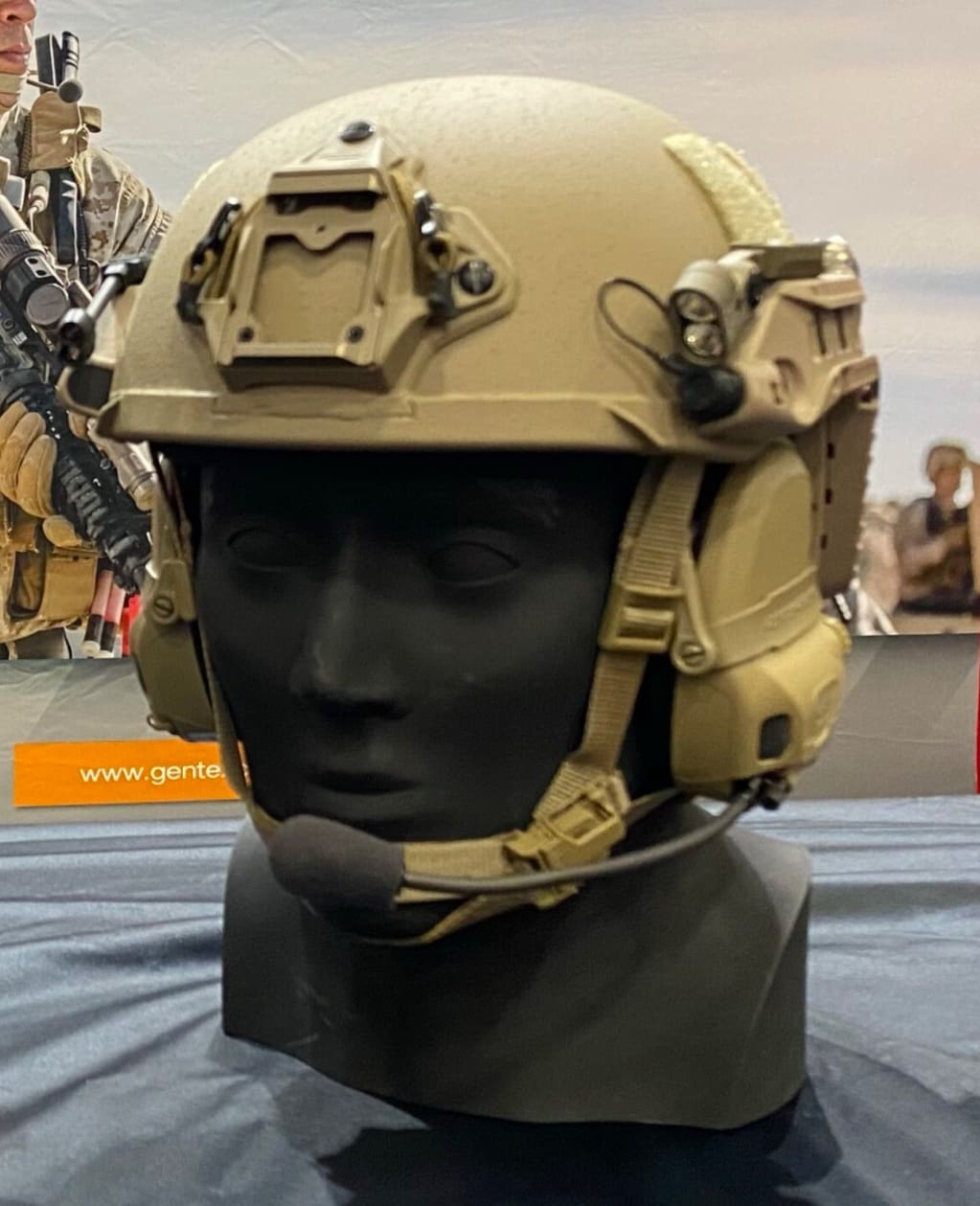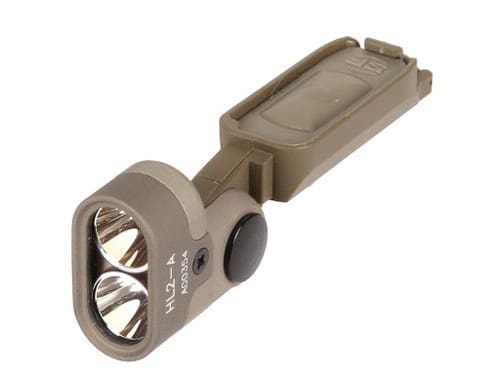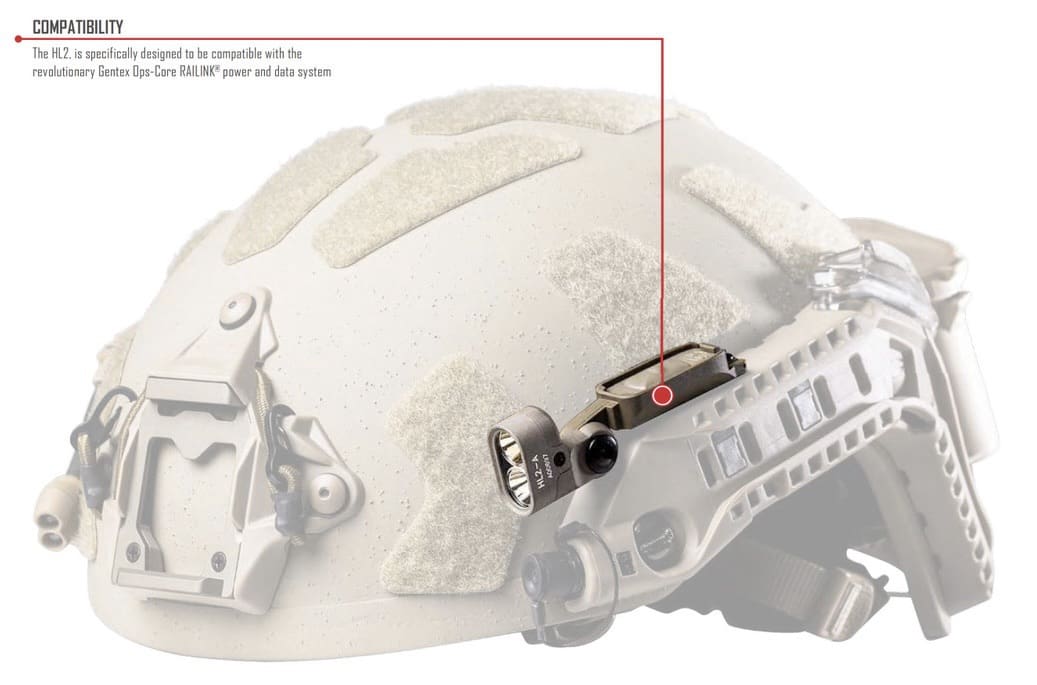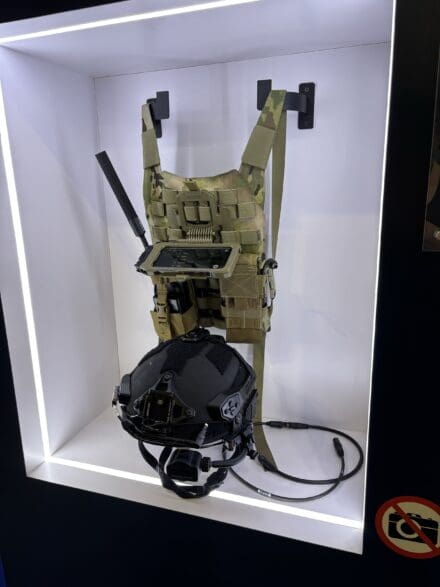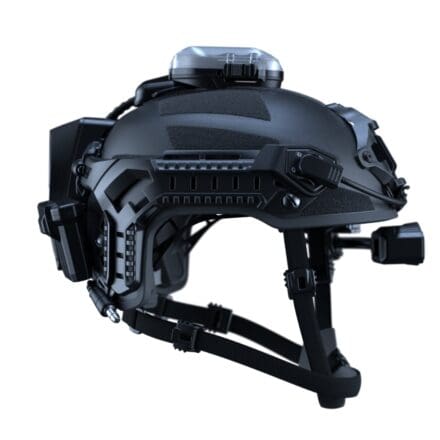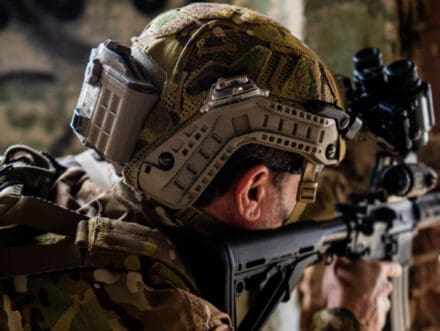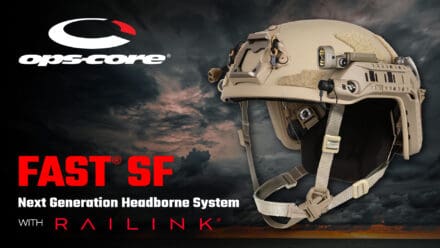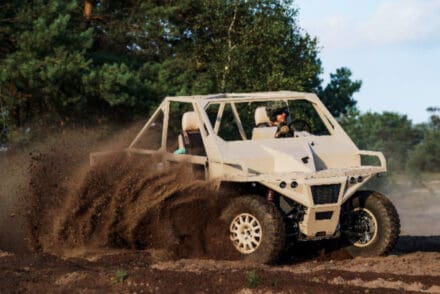
ABERDEEN PROVING GROUND, Md. — To ease physical, cognitive and logistical burdens on Soldiers, the Army is transitioning to a family of standard batteries — for systems ranging from night-vision goggles to radios, GPS devices, weapons and more — in an effort led by Army research and industry collaboration.
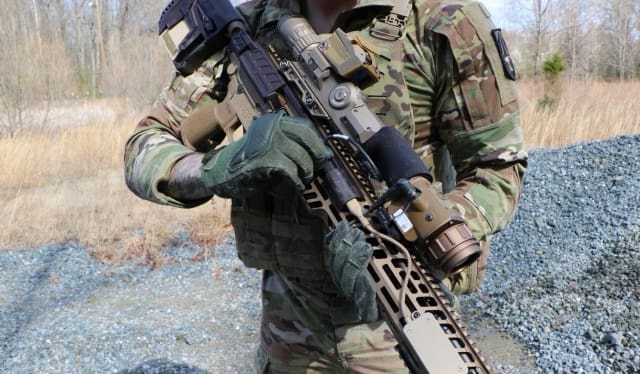
The Army’s Command, Control, Communications, Computers, Cyber, Intelligence, Surveillance and Reconnaissance (C5ISR) Center is working across industry and several DoD organizations to more rapidly integrate these batteries with Solider-worn and -carried devices, bringing interoperability and ease of use to the battlefield. Prototypes addressing these demands are moving toward full-scale industrial production.
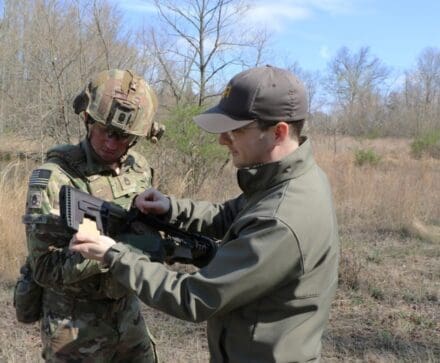
“When the pace of Army modernization increases, we see the number of applications for rechargeable batteries going up significantly,” said Dr. Nathan Sharpes, a C5ISR Center research mechanical engineer. “As the new equipment is fielded, we want to work as early in its development as possible to make sure it will operate with our newest standard batteries.”
The Army’s power solution for handheld, small form-factor devices is the newest standard battery, the Small Tactical Universal Battery, or STUB.
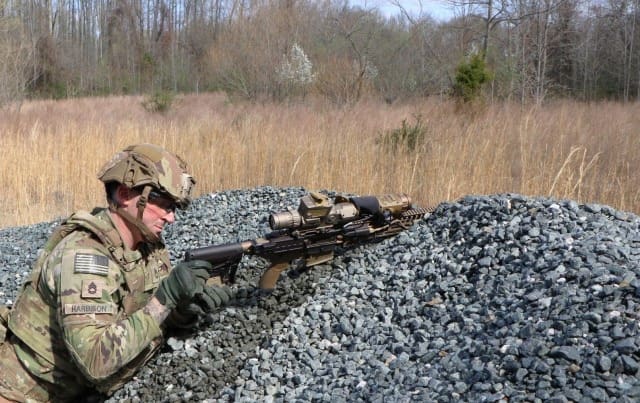
STUB delivers eight sizes of batteries that share a common mechanical and electrical interface — the key to unlocking interoperability. Each battery size provides a different amount of energy, from which Soldiers could choose, depending on their mission needs.
The Center’s work also supports senior Army leadership’s priority of streamlining and simplifying logistics across the force. Secretary of the Army Daniel Driscoll said “massive logistics convoys … are relics of the past” during Congressional testimony in June.

When a Soldier is on a mission carrying five different pieces of gear that each have a unique battery form factor, along with spares, there is extra weight and items to keep track of.
“Any battery in the STUB family will be able to attach to any device designed for it because of the standard interface. Soldiers can focus more on their missions and less on which types of batteries and how many of each to carry,” Sharpes said.
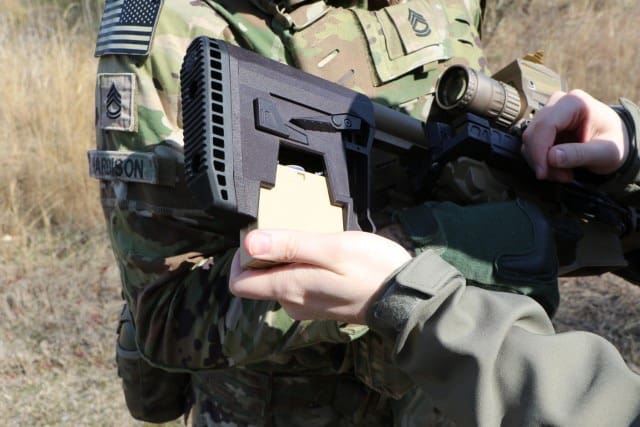
C5ISR Center senior enlisted adviser Master Sgt. Arean Harbison provides Soldier feedback to scientists and engineers developing new power technologies.
“Standardizing the power type lets us achieve that long fight that we need to build the future,” Harbison said. “The STUB will be a better fix than what we’ve had in the past of resupplying batteries. Now we’re looking at potentially charging in the observation post and not needing resupply. To remain lethal, we need to sustain ourselves with additional power. Power becomes a form of lethality.”
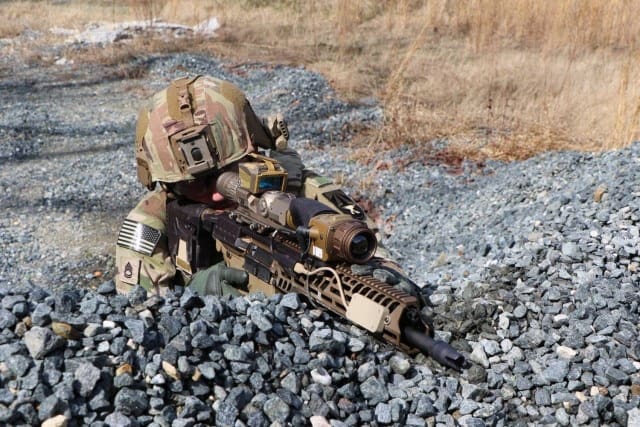
The C5ISR Center has partnered with three fellow DEVCOM centers — Armaments Center, Army Research Lab, and Soldier Center — to develop and test STUB using their respective areas of expertise of weapons integration, advanced chemistry R&D, and experimentation. Partnering early in development ensures both the batteries and systems they will power can be designed to be interoperable, rather than needing to make changes further along in the development cycle.
C5ISR Center Senior Scientific Technical Manager for Power and Energy Marnie Bailey said the Army S&T community has been essential in leading the way to implementing standardized batteries.
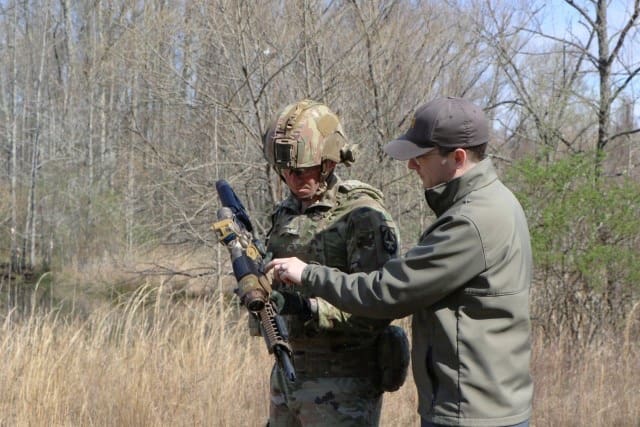
“DEVCOM scientists and engineers have overcome the technical hurdles to demonstrate that standardization and interoperability are possible,” Bailey said. “This research shows industry that adopting STUB to work with their equipment is the future of how the Army will power Solider-worn and -carried devices.”
As the Army and industry have transitioned the project to the manufacturing phase, acquisition partners can now procure and integrate the batteries to power fielded systems. The Army is delivering standardized batteries in GPS devices and radios with plans for integrating into additional electronics. Specific research is focusing on providing central power for helmet- and small arms-mounted systems.

“Small-arms enablers are a new area of significant power draw,” said Sharpes, who also works with the integration of standard batteries. “Where there was once just glass optics with no power draw, there are now sophisticated fire controls. These offer a potent increase in lethality but also a significant increase in power draw.”
To answer the power demand of next-generation small-arms enablers, C5ISR Center has been developing the Powered Weapon Demonstrator, or PWD, to distribute power (from STUB) and data to any device plugged into the system.

“We’re working closely with C5ISR Center and Armaments Center small-arms-enabler development efforts to ensure the power and data needs of advance fire control technologies are supported, toward transition to PM Soldier Lethality,” Sharpes said. “Even counter-UAS will need this type of power to support their operation.”
“The great thing about the PMs adopting first-generation STUB into fielded equipment is engineers are always in the background working on the next iteration,” Sharpes said. “As the technology improves, we’re putting that directly into the batteries that already integrate with the PMs’ equipment for increased capability and better performance in different environments.

“We’re working down to the basic chemistry level, always updating our standard battery solutions with the newest technology. PMs will periodically receive increased performance of their products without additional investment, just by specifying the use of a standard battery. In addition, the U.S. battery industrial base has more incentive to produce in America because there is a consolidated demand on a particular type of battery.”
Standard batteries are only useful if there are systems that use them, said Sharpes. By leveraging battery integration expertise and out relationships across DEVCOM, Army and industry, C5ISR Center expedites the adoption and fielding of standard batteries into more systems. This ensures Warfighters have the best possible power source for their missions.

The Army launched a battery website (battery.army.mil) in 2024 to provide information related to Soldiers, safety, system integrators and battery developers. The goal is to better serve the Warfighter and industry by creating a central location for information on military batteries. The latest specifications, guidance and integration documents can be accessed in a tailored form.
Additionally, the Army has published MIL-STD-3078 (Interoperability Standard for Batteries Utilized in Army Equipment), which defines the battery types for new system design: battery.army.mil/system-integrator-hub/mil-std-3078. This document is maintained by the C5ISR Center and can be updated as new standard battery form factors are required to meet emerging needs.
By Dan Lafontaine, C5ISR Center Public Affairs















